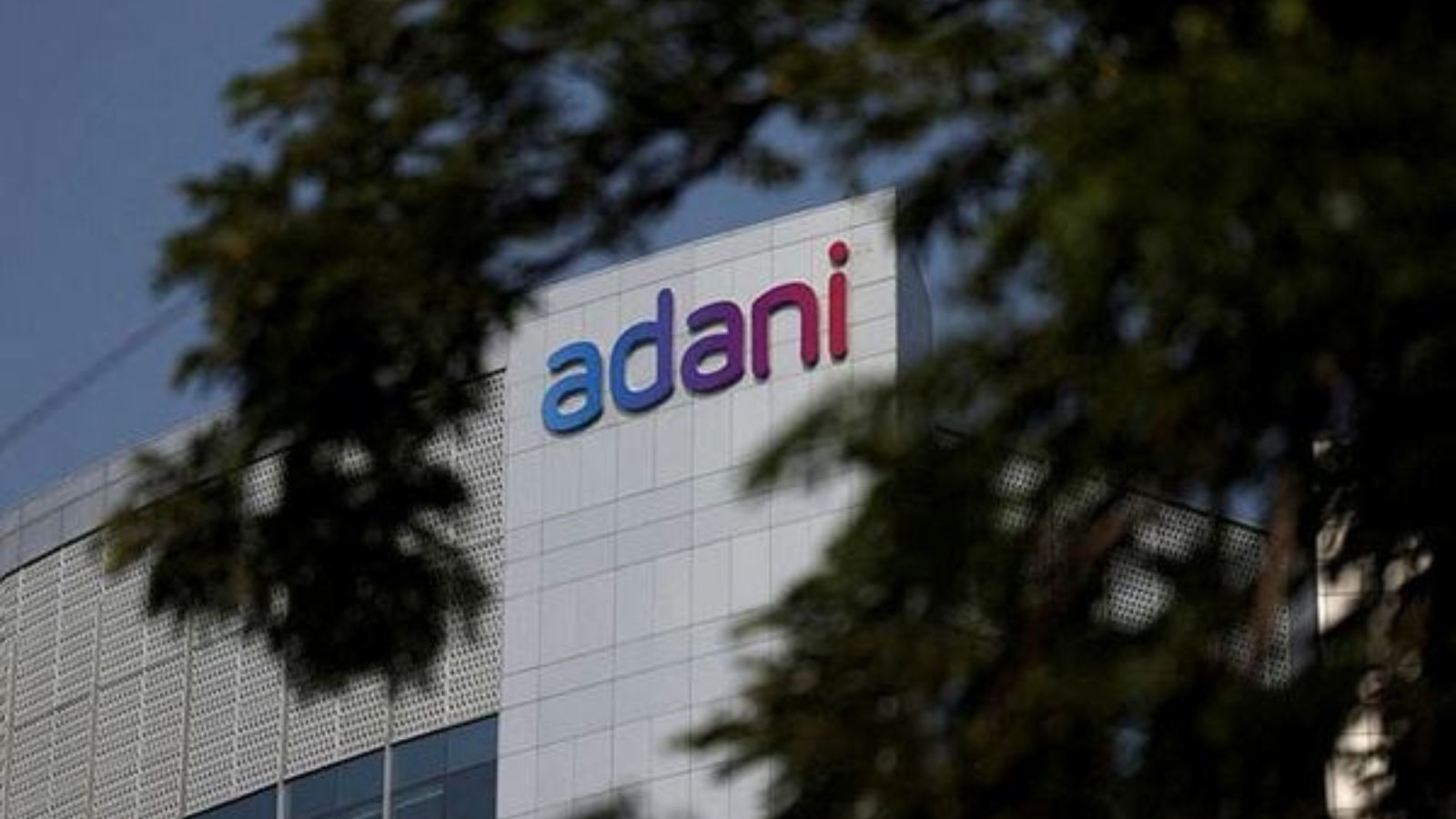 |
|
The Adani Group, a prominent Indian conglomerate, has recently faced a significant blow to its financial standing following a series of negative rating actions by major global credit rating agencies. The catalyst for this downturn stems from a US indictment accusing Gautam Adani, the group's chairman, his nephew Sagar Adani, and several others of a massive bribery scheme involving lucrative solar energy contracts with Indian government officials. The indictment alleges the offering or promising of Rs 2,029 crore (US$265 million) in bribes to secure these contracts, a serious accusation that has sent ripples through the financial world and significantly impacted the Adani Group's reputation and creditworthiness.
Moody's, one of the world's leading credit rating agencies, responded to the indictment by revising the outlook on seven Adani Group firms from 'stable' to 'negative'. While Moody's affirmed the existing ratings for these seven entities, the shift to a negative outlook signals a heightened risk of future downgrades. The agency's reasoning centers on Gautam Adani's significant role within the group, holding the chairmanship and controlling shareholder positions across various entities. This central role means the allegations against him, and the ongoing legal proceedings, pose a considerable threat to the financial health and stability of the entire group, not just those directly implicated in the indictment. The potential for broader credit impact across all rated Adani Group issuers stems from the complex interconnectedness of its operations and the significant influence of Gautam Adani's leadership.
The ramifications of this negative outlook are far-reaching. Moody's explicitly states that the indictment is likely to weaken the Adani Group's access to funding and increase its capital costs. This makes borrowing money more expensive and potentially harder to obtain, limiting the group's capacity for future investments and expansion. Furthermore, the agency highlights the possibility of operational disruptions stemming from both the legal proceedings and broader governance concerns. The legal battles could distract management, divert resources, and damage the company's relationships with partners and stakeholders. These uncertainties create significant risks for the company's ability to meet its financial obligations and maintain its operational efficiency. This uncertainty is further compounded by the concerns about potential weaknesses in governance structures across the Adani Group entities, adding another layer of risk to the already challenging situation.
Moody's has made it clear that a downgrade of the ratings is a distinct possibility. This would happen if the ongoing legal proceedings lead to material disruptions in operations or access to capital. Similarly, a failure to address or rectify the governance issues linked to the legal proceedings would almost certainly trigger a rating downgrade. While an upgrade of the ratings is considered unlikely in the near term due to the negative outlook, the agency suggests that a change to a stable outlook is possible if the legal proceedings conclude with no material negative credit impact. This conditional possibility underscores the pivotal role of the outcome of the ongoing legal battles in shaping the future financial trajectory of the Adani Group.
The reaction in the stock market has been swift and negative. Shares of Adani Group companies experienced significant declines following the announcement, reflecting investor concerns about the implications of Moody's action. This underscores the severe impact of the allegations and the rating agency's assessment on market sentiment. It's noteworthy that this is not the only negative rating action the Adani Group has recently faced. Fitch Ratings and S&P Global have also taken negative rating actions, indicating a consensus among major credit rating agencies regarding the increased risk associated with the Adani Group following the bribery allegations. The Adani Group has denied all allegations, labeling them baseless, however, these denials have so far failed to alleviate the concerns of rating agencies and investors.
The Adani Group's situation serves as a cautionary tale about the importance of robust corporate governance and ethical conduct. The scale of the alleged bribery scheme and its impact on the group's credit rating highlights the significant risks associated with unethical business practices. The future of the Adani Group will depend heavily on the outcome of the ongoing legal proceedings, its ability to address the governance concerns raised by the rating agencies, and its success in regaining the confidence of investors and stakeholders. The case serves as a reminder of the interconnectedness of ethical conduct, corporate governance, and financial stability, particularly for large multinational companies operating in a complex and globally interconnected financial market.
Source: Moody’s downgrades Adani firms’ ratings outlook to ‘negative’
